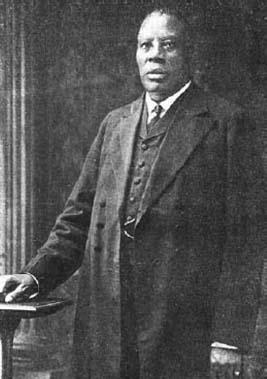ReligionMusic and the Black Church |
What is the importance of music in the black church? |
Second only to preaching as the focal point of black church worship is music, particularly singing. It is a magnet of attraction and serves as a vehicle of spiritual transport for the congregation. In a ritualistic cadence, black church preachers and deacons often sing their prayers. A successful ministry can often depend on good preaching as well as good music and good singing, whether the music is vocal or instrumental. Music in the church setting was seen in the religions of the West African diaspora and later introduced in the United States. Music in the church is said to reduce barriers that separate people in the church, such as those of different economic or social backgrounds. When members of a congregation sing together, they are united in joy, sorrow, love, despair, and hope. Some believe that when slaves were allowed to worship in white churches, they found no meaningful participation in the services because they were unable to express themselves or celebrate their sense of belonging through songs that emerged during a common experience. The use of African drums, for example, was once considered a heathen rite and generally forbidden from use in the church, despite the fact that drums have always been a part of the African cultural heritage. Early black churches mixed spirituals with preaching during worship service. The use of spirituals in the black church has been perpetuated; most churches never stopped singing spirituals after emancipation or manumission, and thus there has been a continuous flow of such singing. In addition to what some scholars call use of black song, music in black churches popularly includes use of instruments and performances of groups of liturgical dancers.

Sometimes called the “Prince of Preachers,” Charles Tindley was a Methodist minister and gospel music composer known for songs like “Stand By Me” and “I’ll Overcome Someday.”
